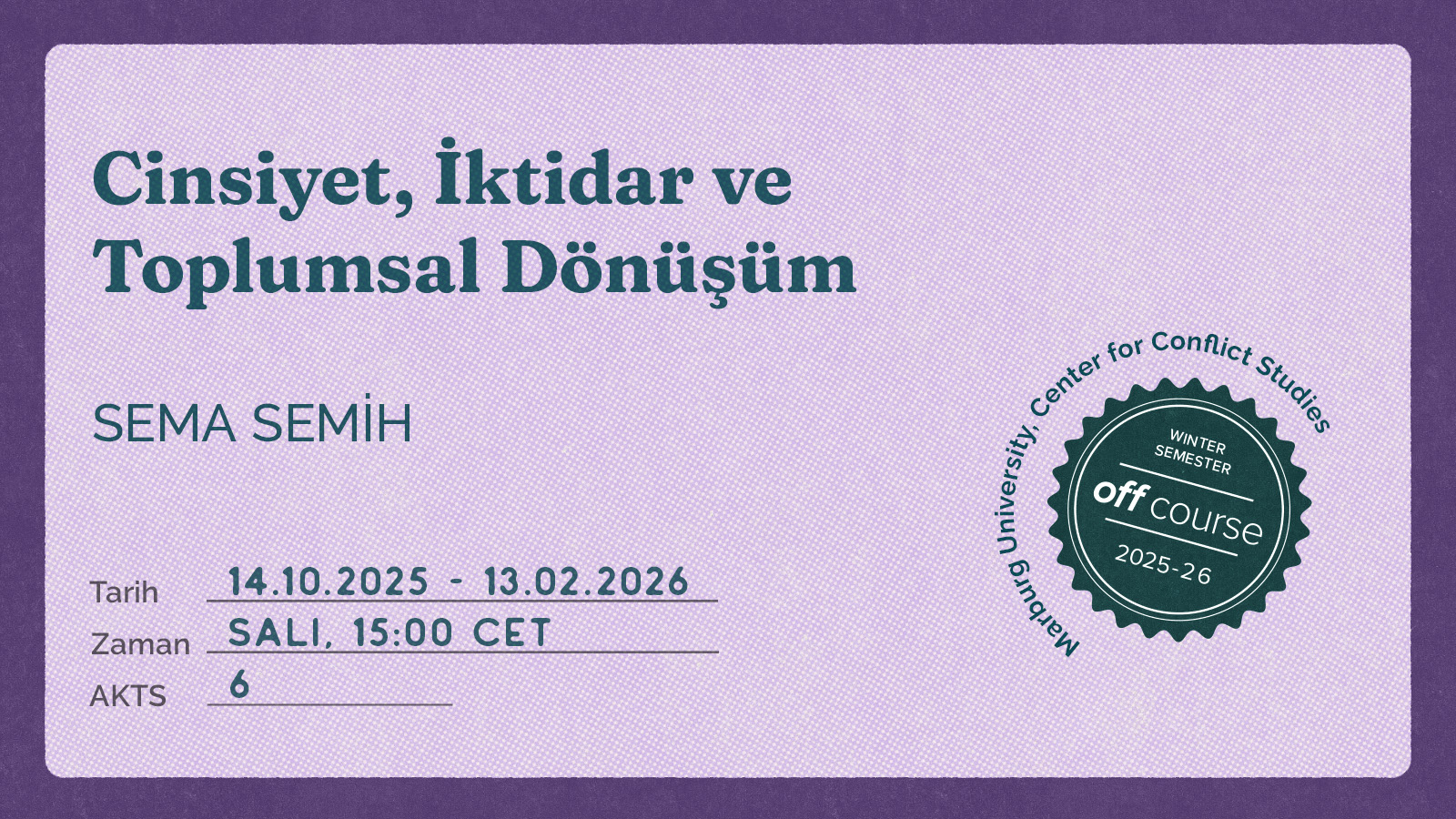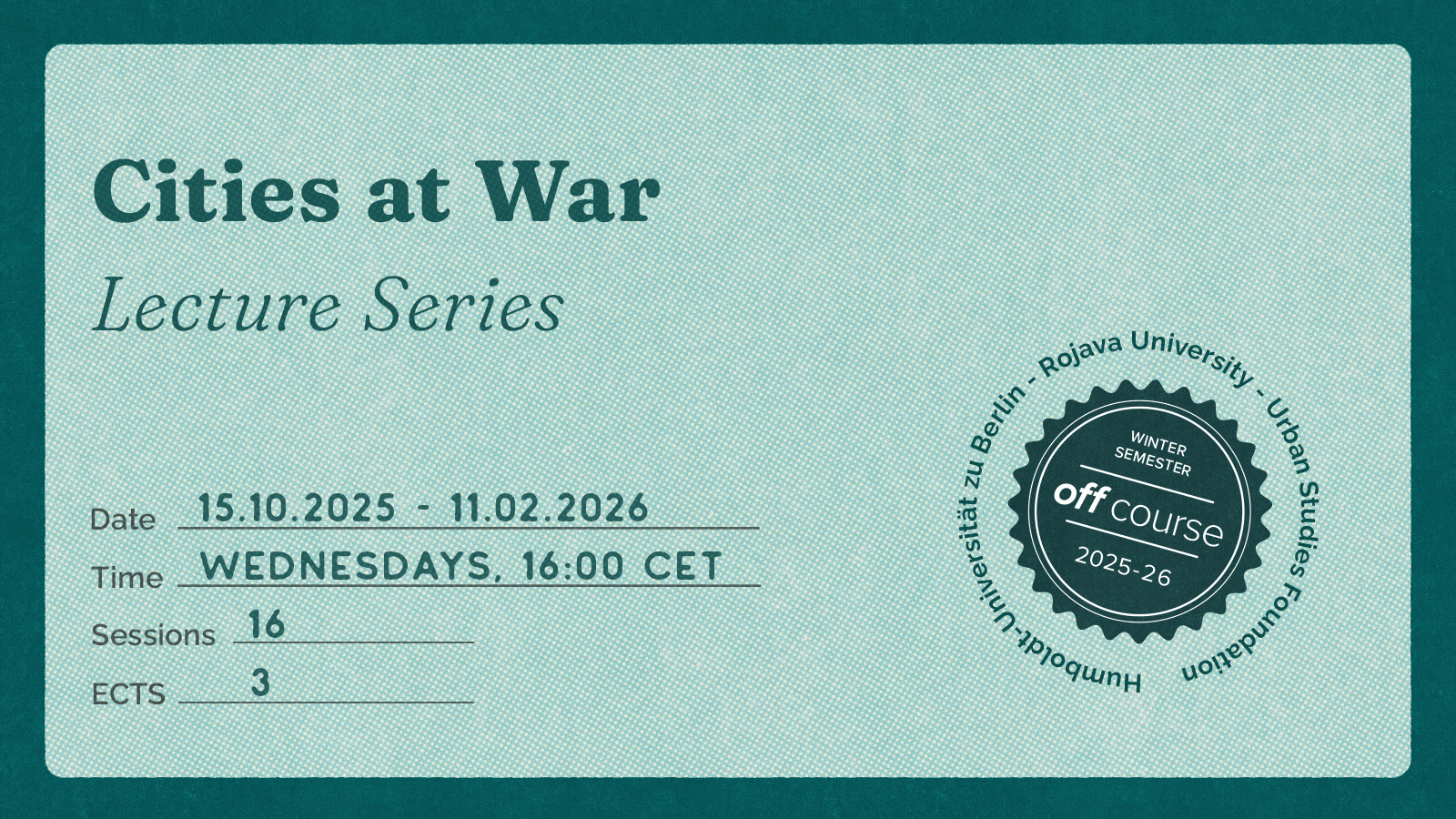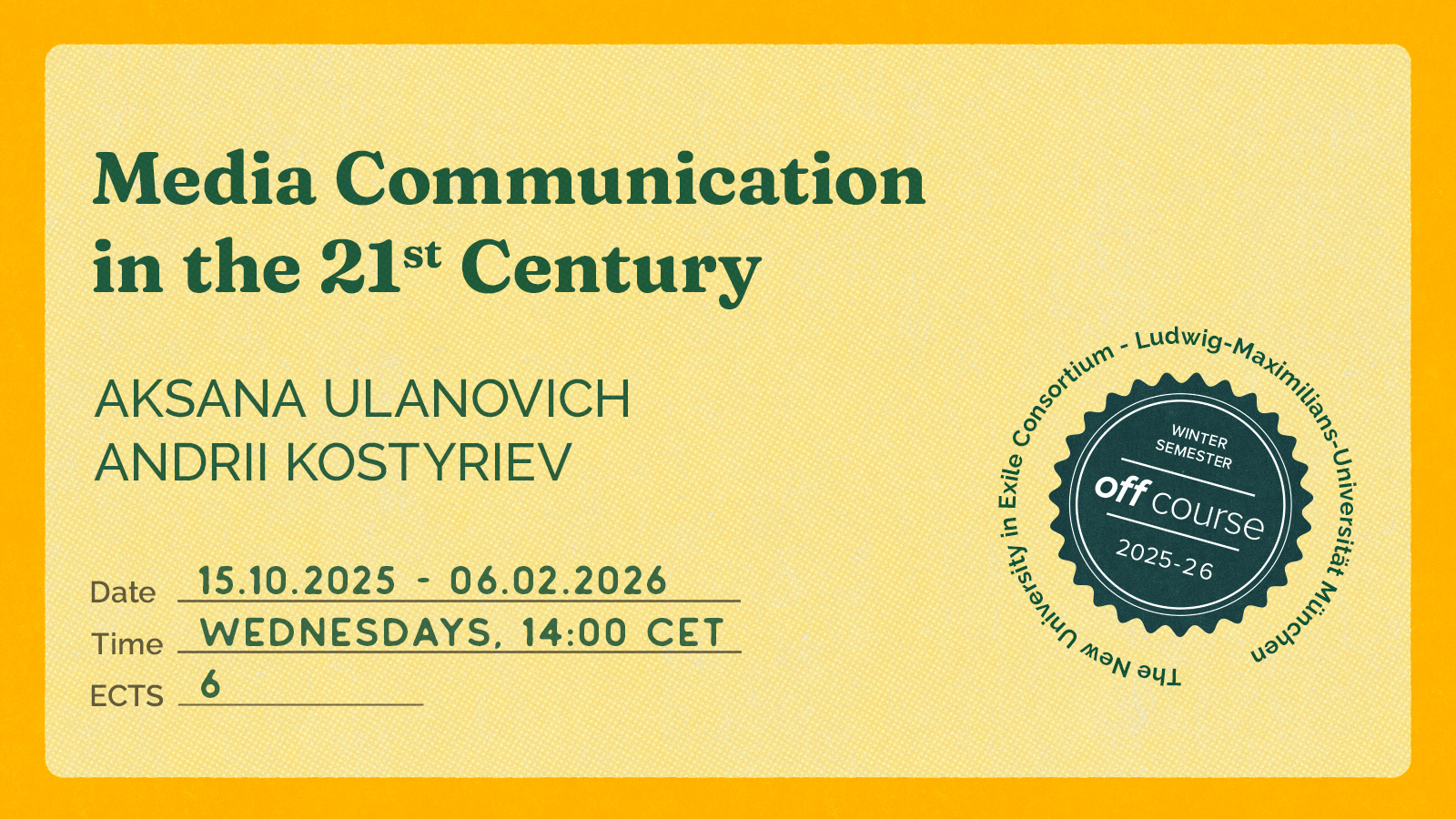
Gender, Power and Social Transformation: Critical Approaches from Turkey and Beyond
(this course will take place in Turkish language)
Cinsiyet eşitsizliği; eğitim politikalarından devlet yönetimine, çocuk bakım sistemlerinden kentsel tasarıma, spor etkinliklerinden askeri teknolojilerin gelişimine kadar uzanan geniş bir söylem ve uygulama yelpazesinde kendini göstermeye devam ediyor. Cinsel yönelim, cinsiyet kimliği, ırk, etnisite, inanç, engellilik ve yaş temelinde ortaya çıkan ayrımcılığın kesişimsel doğası, hetero-patriyarkal tahakkümün katmanlı ve sürekli yapısını daha da görünür kılıyor. Bu duruma karşılık, farklı sosyo-politik bağlamlarda faaliyet gösteren taban örgütlenmeleri, sivil toplum aktörleri ve dayanışma ağları; barışçıl, yaratıcı ve kolektif stratejiler geliştirerek daha adil ve kapsayıcı bir toplumsal dönüşüm hayal ediyor, hayata geçiriyor. Bu çerçeveden hareketle bu ders, Türkiye ve ötesinden seçilmiş toplumsal cinsiyet odaklı akademik araştırmaları, sivil toplum girişimlerini, aktivist müdahaleleri ve sanatsal pratikleri bir araya getirir. Küresel ölçekte yükselişe geçen toplumsal cinsiyet karşıtı ideolojileri eleştirel bir bakış açısıyla analiz etmeyi amaçlayarak; farklı kültürel ve siyasal bağlamlarda direniş, dayanıklılık ve dönüştürücü politikaların imkânlarını keşfetmeye alan açar.
- Teacher: Sema Semih

Much of urban research on cities at war discusses the effects of armed conflict on urban space and the militarization of urban space in the same breath. While we acknowledge that similar urban forms may emerge and are interconnected (e.g. via technology), we do not think that the militarization of urban space in the Global North that often is a result of the “war on terrorism” or some iteration of it, is comparable with the experience of cities and its inhabitants that currently or have recently experience(d) war or armed conflict.
Focusing not on potential but actual physical destruction and ruination (Navaro 2009), we’ll first take account of the everyday life of a city at war (Fawaz et al 2012, Harb 2017), the practices and strategies of its inhabitants to cope with the present and making use of its memory.
Underlining, secondly, the emerging continuum between war and peace in many war/conflict cities perceivable as a “practice of continuously planning for war in times of peace” (Bou Akar 2018), we want to contribute to a better understanding of the practices of planning a city at war and their interplay with processes of reconstruction (Sharp 2023), displacement, commodification and musealization (Genç 2021). The increasingly blurred “division between war and peace” (Sharp/Kelegama 2025) is our focus when we examine specific cities at war.
A third cross-cutting theme is the erasure of knowledge, heritage sites and memory that accompanies war both through physical destruction and the loss of archives and records, and through the violent nation building often entailed in post-conflict rebuilding in the form of re-engineering cities and their histories.
- Teacher: NAMAN AGRAWAL
- Teacher: Anood Ali
- Teacher: Zena Asswad
- Teacher: Ammar Azzouz
- Teacher: Mariam Bazzi
- Teacher: Shada Bokir
- Teacher: Aimal Formolly
- Teacher: viktoriia grivina
- Teacher: Luqman Guldivê
- Teacher: Erkan Gürsel
- Teacher: Aras Hiso
- Teacher: Sarah Husein
- Teacher: Dilan Kaya
- Teacher: Olena Kononenko
- Teacher: Oleksandra Nenko
- Teacher: Nevin Soyukaya
- Teacher: Batoul Yassine
- Teacher: Wudu Yimer
- Teacher: Oksana Zaporozhets

In the current world, where information appears as the main value, the discourse about the media’s role and place in socio-political processes is a cornerstone both for theorists – political scientists, sociologists, legal scholars, psychologists – and for practitioners – politicians, editors, journalists, bloggers – as well as for an engaged public. The question of how media can support democratic processes and foster communicative discourse, while avoiding manipulation and oppression, has become urgent due to the rapid evolution of online platforms.
The optimistic 1990s vision of the Internet as a catalyst for direct democracy has, since 2016, given way to warnings that social media “steal elections” and create distorted realities through fake news and emotionally charged propaganda. These challenges are particularly acute for societies in democratic transition, striving for liberation, sovereignty, and sustainable public trust.
This 14-week seminar course is designed as an interdisciplinary dialogue between scholarship and practice. Students will engage critically with theory and current events, exploring themes such as the essence of political communication, media power, the watchdog–chain dog dilemma, post-truth networks, and the aesthetics and rhetoric of political media. Through discussion, debate, and collaborative research, we will uncover the techniques, tactics, and means by which media shape – and are shaped by – democratic and authoritarian contexts.
The course moves from foundational theories of information and communication to advanced explorations of network society, post-politics, and post-truth realities, culminating in student-led presentations that synthesize and apply the insights gained.
- Teacher: Andrey Kostyrev
- Teacher: Aksana Ulanovich